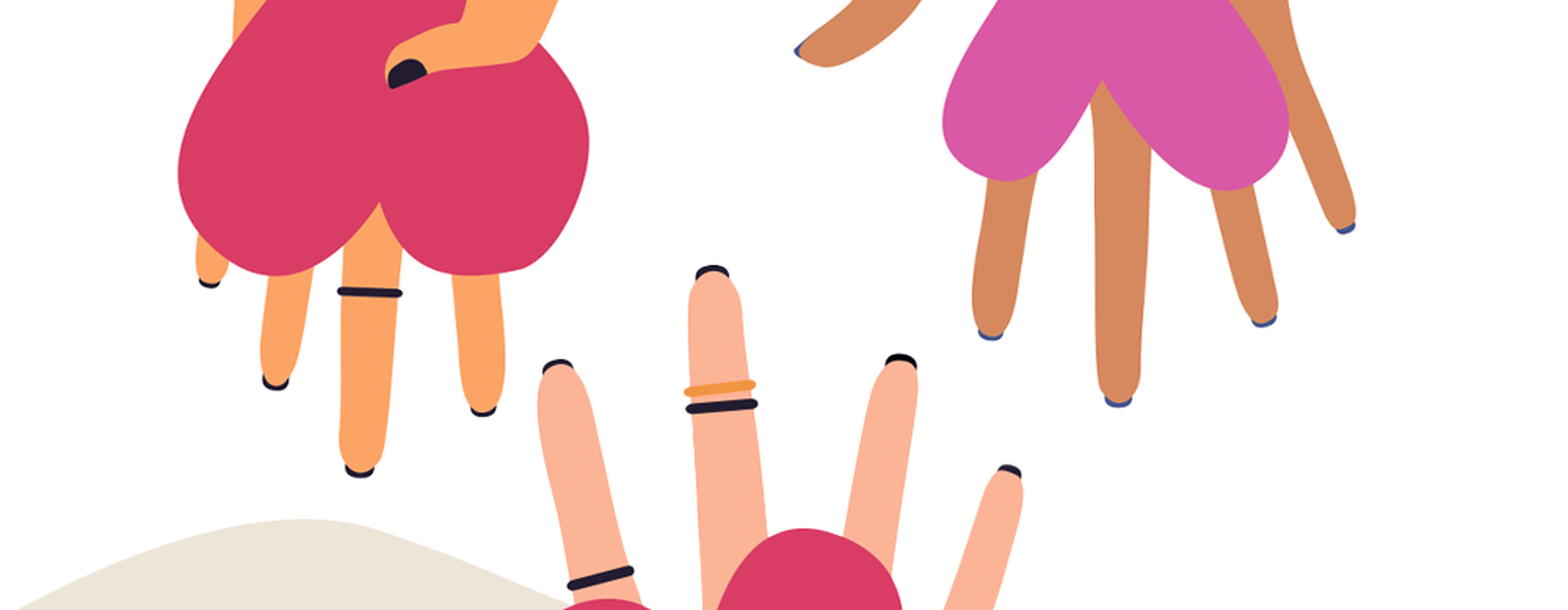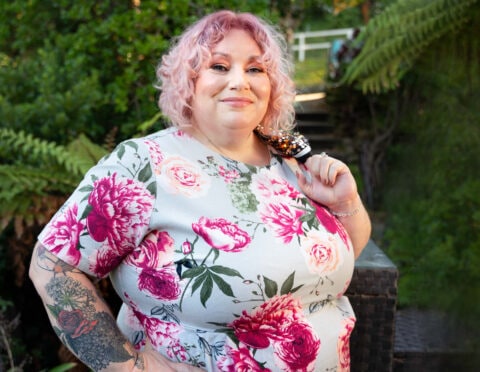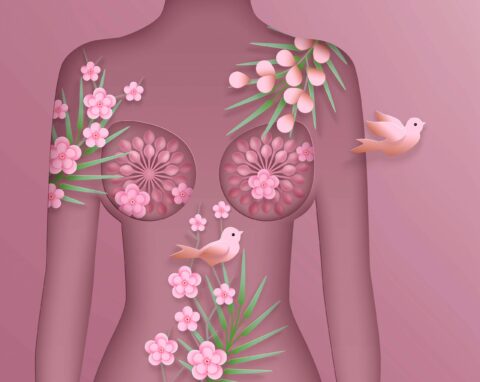Gemma McCaw shares how to enjoy some mindful self indulgence to boost your mood.
Self-care might be something of a buzzword at the moment, but behind the hype, habitually taking time to look after ourselves is a vital tool to ensure we’re at our best in life.
At its heart, self-care is anything you do to ensure you stay physically, mentally and emotionally well. But it looks different for all of us, so it’s important to identify what it is that helps you fill your cup. For some people, having a massage or going away for a weekend with friends is self-care, for others, it’s a long soak in a bubble bath or an hour on your own reading a book.
It looks different for all of us, so it’s important to identify what it is that helps you feel good.
For me, I’ve come to realise, it’s my connections with others that really makes me happy. The power of connection is undeniable, and I’ve learnt that self care for me usually involves other people. Being with old friends or loved family members leaves me feeling mentally stronger and energised for a busy life. Have a think about things you can do for yourself to help you be at your best. Never feel guilty for prioritising yourself occasionally.
Do Something For Others
I know this can sound counterintuitive to self care, but research suggests that giving something to someone else gives us more happiness than buying something for ourselves. This doesn’t mean we shouldn’t treat ourselves occasionally, but if you’re looking at a way to fill up your own cup as well as someone else’s, this is an easy thing you can do. Not only will it make the receiver feel good, it’ll boost your mood, too. Shout someone a coffee, bake something delicious to gift to a friend, do a random act of kindness for a stranger or loved one and enjoy how good it feels to give.
Show Up
Covid-19 made it easier to connect online, with meetings and family catch-ups often done over Zoom. But with chronic loneliness and mental health issues like anxiety and depression on the rise, face-to-face connection is more important than ever. And for many of us, it’s clear that making time to see someone in person is far better for your emotional health than any new scented candle or bath bomb. Organise a catch up with your girlfriends, take the time to reconnect and feel how good it is to laugh and chat together. Research suggests the more social interaction we have, the better our brain functions, therefore lowering your risk of depression.
Learn Something New
Sometimes it feels like we don’t have enough hours in the day, but a good self care practice can be to learn something new. Recently I attended a painting workshop and even though my attempt was fairly awful, I was amazed at how good it felt to use my brain in a different way. Studies show those who learn new skills report higher levels of self-esteem and a greater ability to cope with stress.
Be Present
As women, it’s easy to feel overwhelmed by the sheer number of hats we’re expected to wear. Career woman, cook, mother, wife, friend, volunteer… the list goes on, and too often it can feel we’re pulled in far too many directions. Mindfulness has become an important practice across the world and is proven to be one of the best things you can do for your mind. For me, being more present actually means being where I am. We spend so much time worrying about the past, the “should haves” or “could haves”, or fretting over the future – no wonder we can feel in a constant state of disarray! Pause where you are, take time to be in that moment, and silence those busy thoughts. Free yourself from the noise and use mindfulness to your advantage.
Say “No” For A Better “Yes”
I’m sure I’m not alone on this one, but I struggle to say “no” when I’m asked to do things. We all want to help others out and letting people down never feels good, but learning to say “no” is a valuable self care tool. And with practice, saying “no” gets easier.
The problem with always saying “yes” is that we overcommit. And when we overcommit, we’re unable to do the job properly. So instead of overloading your schedule, look at what is a realistic workload and respond accordingly. If we don’t learn to say “no” occasionally, other people’s priorities will take precedence over our own, leaving us too busy to say “yes” to the things that really matter!








